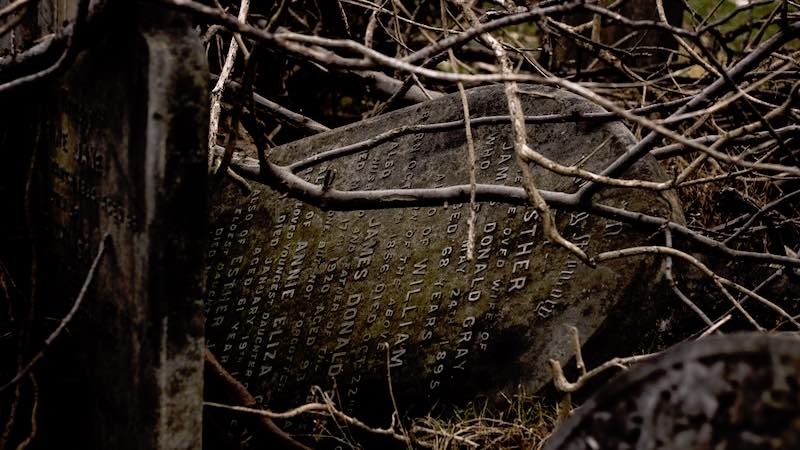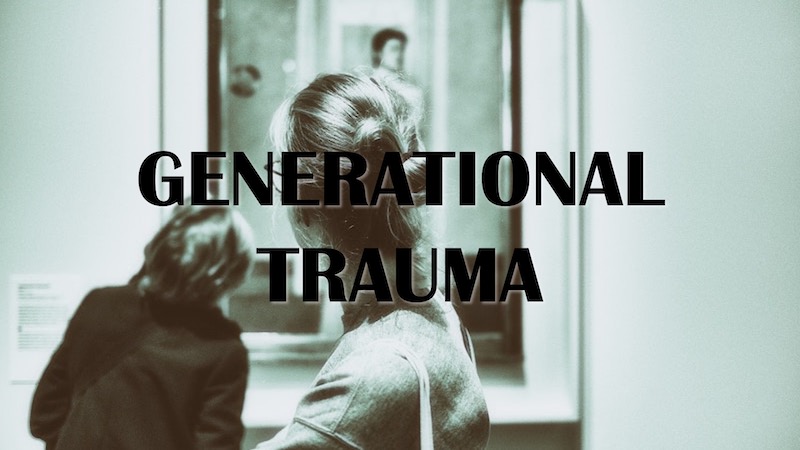4 Tips for healing generational shame
- 7 April 2019
- Posted by: Michael H Hallett
- Category: Generational trauma , How-to & step-by-step , Shame ,

NOTE: When I began writing about inherited issues, I used the term ‘generational shame’ as I clearly perceived the unconscious shame associated with them. What I didn’t see so clearly was the associated trauma and the possibility of arrested development. I now use the more encompassing term ‘generational trauma’.
My introduction to healing generational shame (‘generational sin’ in Christian parlance) came through a letter. I remember seeing the envelope lying on the floor where it had dropped through the letterbox. I remember picking it up. Tearing it open. Then there’s a gap in my memories.
The next thing I remember, I was lying on the floor howling with pain. I knew with complete certainty this wasn’t my pain. It was my father’s pain. His mother died in 1926. In the wake of World War I, grieving wasn’t permitted—not even for a four-year-old. Grief was a sign of weakness and was therefore shameful.
I inherited my father’s unprocessed grief through epigenetic inheritance. The letter I’d just opened contained my grandmother’s death certificate. Trying to heal my own damaged emotions, I inadvertently blundered into the Pandora’s box of my family’s generational shame.
Tips for healing generational shame
Healing generational shame is a long, painful, but ultimately liberating journey. I’d like to share with you some tips I learned along the way.
1. It’s not your pain but it is your responsibility
It’s like broken glass outside a school. It doesn’t matter who put it there, it just needs to be cleaned up. If you’ve stumbled upon it, then that’s you. This is called emotional responsibility.
2. Expect the unexpected
When dealing with generational shame you’re dealing with old, damaged, compressed energies that just want to be left alone. As you approach them, they will seek to push you away. Obstacles will materialise in your path. Delays will happen. Weirdness abounds. And when you actually break into these energies—which exist as pockets of repressed energy within you—they can be physically, mentally and emotionally destabilising. Expect a bumpy ride.
When dealing with generational shame you’re dealing with old, damaged, compressed energies that just want to be left alone. As you approach them, they will seek to push you away. Obstacles will materialise in your path. Delays will happen. Weirdness abounds.
But ‘unexpected’ doesn’t necessarily mean ‘bad’. You may equally encounter grace in profusion and powerful synchronicities. Emails appear out of the blue with vital information. You unexpectedly find yourself going to a place linked to your family’s unresolved past—which brings us to the next tip.
3. The closer you get to it, the more powerful it becomes
Geography is a powerful factor when dealing with generational shame. This is a double-edged sword. Going to places where problems happened makes it easier to access these energies, but it also empowers them.
If you’re researching your family history—particularly any skeletons in the closet—look for emotional ‘hot spots’ where marital breakups, scandals and premature deaths happened. Don’t be surprised if you’re unexpectedly led to these places.
4. There is no moral high ground
Whatever happened happened. There is no right or wrong to whatever happened in the dim past that blighted your family. Whoever was involved was trying to do their best, and sometimes our best isn’t very good.
Generational shame cannot be resolved as long as we take sides. Let it go. There is only compassion, forgiveness, and a need to clean up the emotional mess.
Next steps
For further resources on generational trauma, both free and paid, please click on this image.

